We’re often told that it was. The aim is to cast secularism as somehow un-American, and override the Constitution’s separation of church and state. But it’s the latter idea that’s un-American; and it’s historical nonsense. Just one more way in which the religious right is steeped in lies (forgetting the Ninth Commandment).

Jacoby
They assault what is in fact one of the greatest things about America’s birth. It’s made clear in Susan Jacoby’s book, Freethinkers: A History of American Secularism.
Firstly, it tortures historical truth to paint the founding fathers as devout Christians. They were not; instead men of the Enlightenment. While “atheism” wasn’t even a thing at the time, most of them were as close to it as an Eighteenth Century person could be.
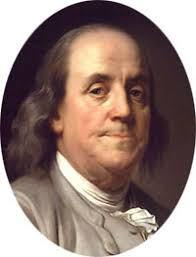
The secularism issue was arguably joined in 1784 (before the Constitution) when Patrick Henry introduced a bill in Virginia’s legislature to tax all citizens to fund “teachers of the Christian religion.” Most states still routinely had quasi-official established churches. But James Madison and others mobilized public opinion onto an opposite path. The upshot was Virginia passing not Henry’s bill but, instead, one Jefferson had proposed years earlier: the Virginia Statute of Religious Freedom.
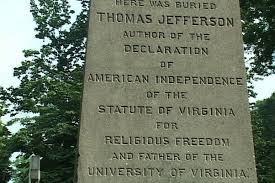
The law promulgated total separation of church and state. Nobody could be required to support any religion, nor be penalized or disadvantaged because of religious beliefs or opinions. In the world of the Eighteenth Century, this was revolutionary. News of it spread overseas and created an international sensation. After all, this was a world still bathed in blood from religious believers persecuting other religious believers. It was not so long since people were burned at the stake over religion, and since a third of Europe’s population perished in wars of faith. Enough, cried Virginia, slashing this Gordian knot of embroiling governmental power with religion.
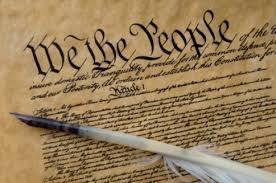
This feature did not pass unnoticed at the time; to the contrary, it was widely denounced, as an important argument against ratifying the Constitution. But those views were outvoted, and every state ratified.

Indeed, it still wasn’t even good enough. In the debates over ratification, many felt the Constitution didn’t sufficiently safeguard freedoms, including religious freedom, and they insisted on amendments, which were duly adopted in 1791. That was the Bill of Rights.
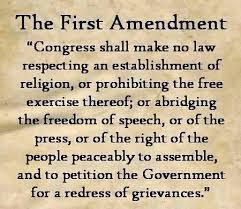
All this was, again, revolutionary. The founders, people of great knowledge and wisdom, understood exactly what they were doing, having well in mind all the harm that had historically been done by government entanglement with religion. What they created was something new in the world, and something very good indeed.
Interestingly, as Jacoby’s book explains, much early U.S. anti-Catholic prejudice stemmed from Protestants’ fear that Catholics, if they got the chance, would undermine our hard-won church-state separation, repeating the horrors Europe had endured.
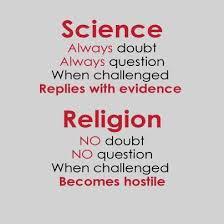
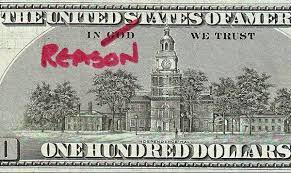
* What about slaves? What about women? Sorry, I have no truck with those who blacken America’s founding because it was not a perfect utopia from Day One. Rome wasn’t built in a day. The degree of democracy and freedom we did establish were virtually without precedent in the world of the time. And the founders were believers in human progress, who created a system open to positive change; and in the centuries since, we have indeed achieved much progress.
Advertisements